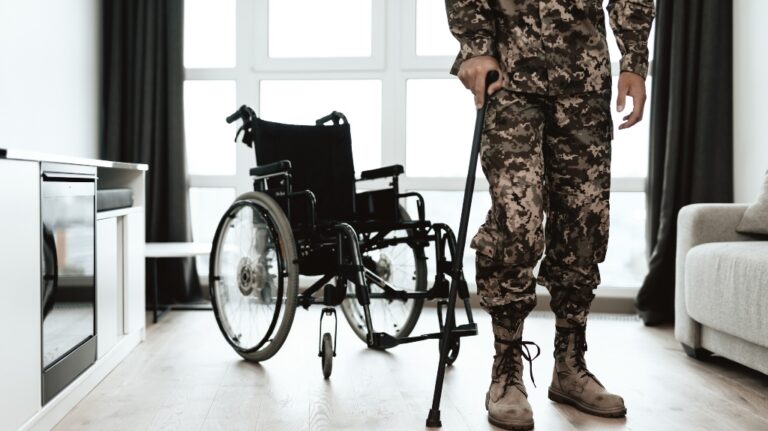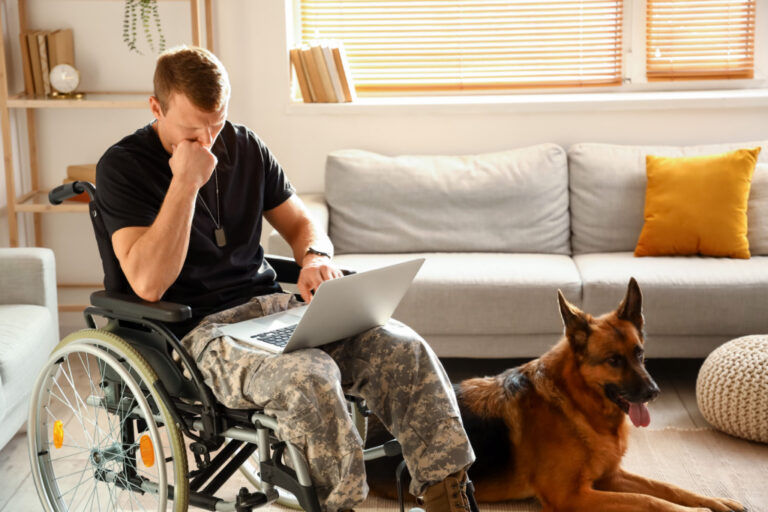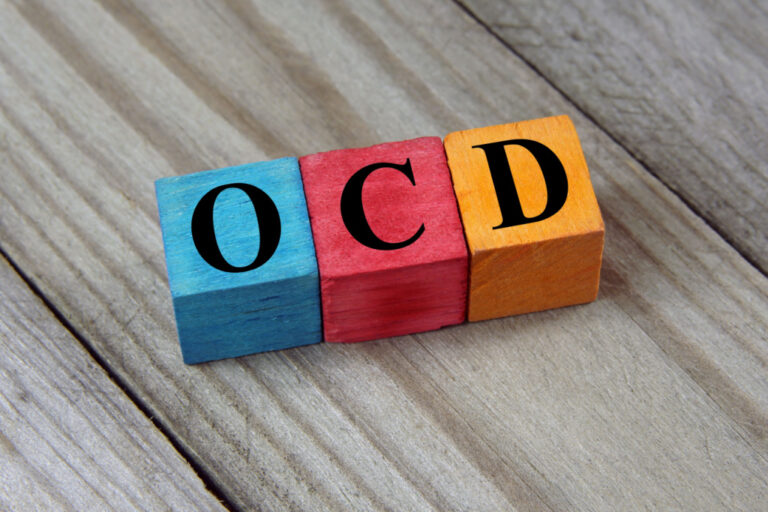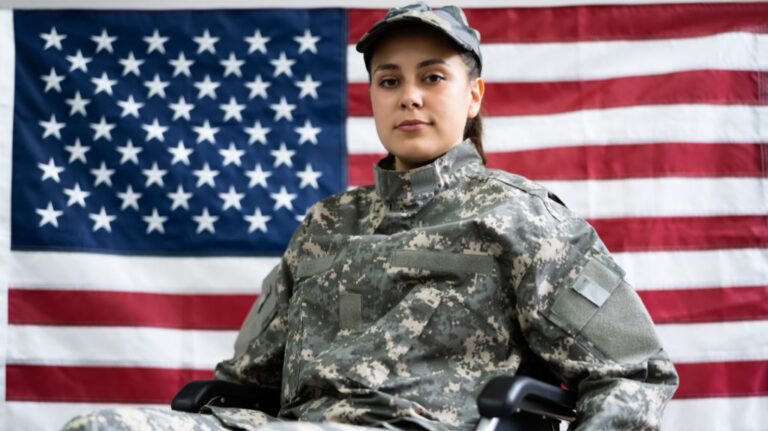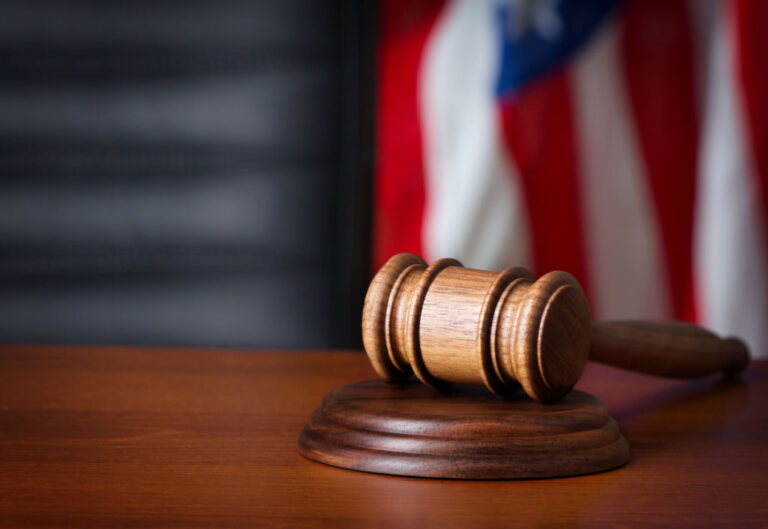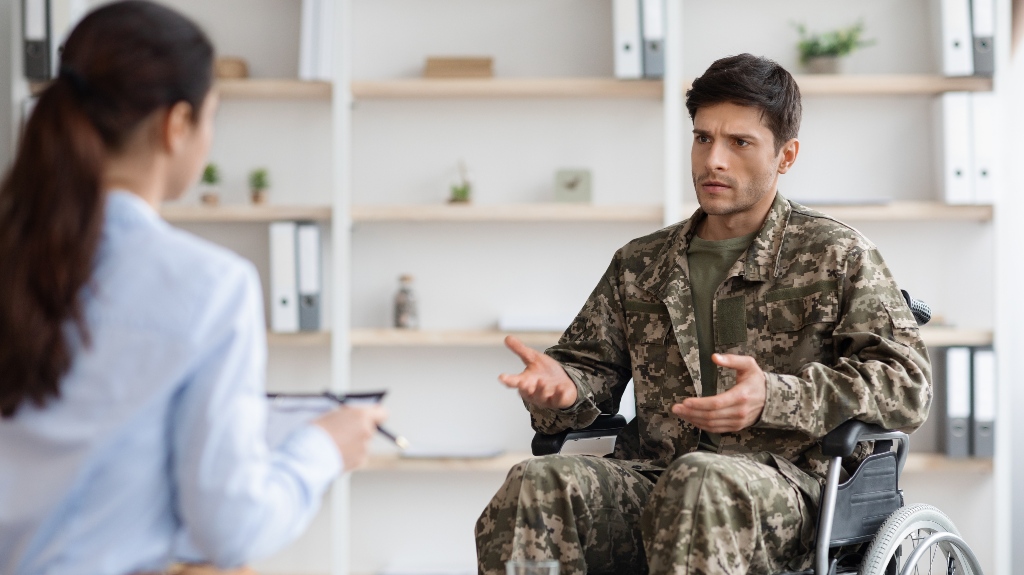
Many veterans have their VA disability claims denied. However, many denials occur due to mistakes or oversights. Fortunately, veterans have options for responding when their claims get denied for correctable reasons.
Common Reasons for VA Disability Claim Denials
Although VA disability claims get denied for various reasons, several bases for denying disability claims appear more frequently in denial notices. Some of the most common reasons for VA disability claim denials include:
Lack of a Current Diagnosed Medical Condition
Veterans may have their claim denied by the VA because they do not have a current diagnosed medical condition. The VA may determine that a veteran previously had a condition, but it was cured through treatment, or their symptoms have resolved, and they no longer have a condition. Alternatively, the VA may deny a veteran’s claim because they do not have a medically diagnosed condition and have merely alleged various adverse symptoms. A VA disability claim will require a veteran to present medical records containing a diagnosis from a medical provider.
Lack of a Service Connection
The VA frequently denies disability claims because veterans have failed to establish a service connection for their medical condition. To qualify for VA disability benefits, a veteran must prove a link between their current diagnosed condition and their military service. The VA may find that the veteran has failed to identify an in-service injury, illness, or event that caused or aggravated their current medical condition. Alternatively, a veteran may fail to provide sufficient evidence to prove that an alleged in-service injury, illness, or event occurred.
Insufficient Information
Veterans frequently have their VA disability claims denied due to inadequate evidence of a current medical condition, a service connection, or symptoms severe enough to warrant a disability rating above zero. Veterans may also receive a denial notice because they have provided insufficient service records or medical evidence to meet all the criteria for a compensable disability.
Failure to Attend the C&P Exam
The VA sometimes requires veterans to attend compensation and pension exams performed by their medical provider or another healthcare professional. C&P exams provide the VA with the most current information regarding the veteran’s medical condition. However, when a veteran refuses or forgets to attend their C&P exam, the VA may deny their disability benefits claim due to inadequate medical evidence.
Errors in the Application
Veterans claims also get denied due to avoidable application mistakes, such as missing paperwork, submitting the wrong forms, scrivener’s errors, or missing or vague information on application forms. Although the VA usually allows veterans to update their applications to correct administrative errors, failing to respond to the VA’s requests for corrected information may lead to the denial of a benefits claim.
How to Respond to a VA Claim Denial
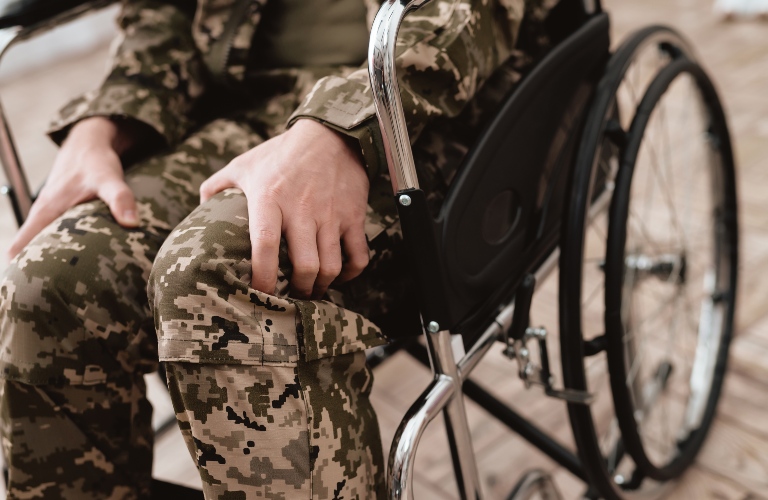
Just because the VA has denied your disability claim does not mean you’ve lost your fight to secure benefits. The VA offers a decision review process that allows a veteran who has had their disability benefits claim denied to seek further review. Sometimes, a veteran can also submit additional information to supplement their application in response to a denial based on a lack of evidence. An experienced VA disability lawyer can help veterans pursue their legal options after receiving a denial notice for their disability benefits claim.
Contact a VA Disability Attorney Today
When the VA has denied your disability benefits claim, understanding the reasons for the denial and your legal options can help you plan your next steps. Contact Veterans Law Attorneys today for a free, no-obligation consultation with a VA disability lawyer to discuss your case.

